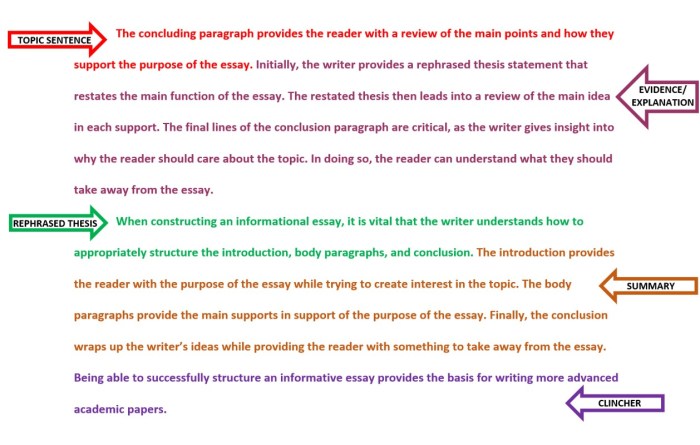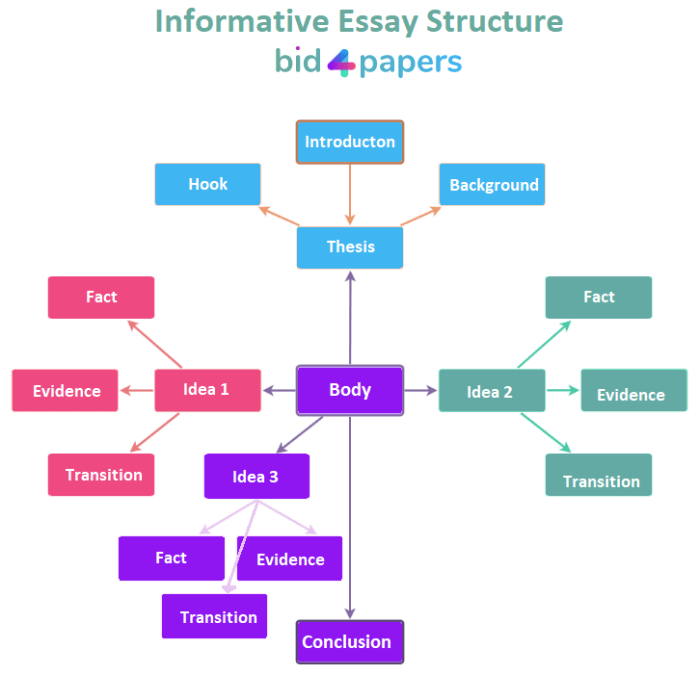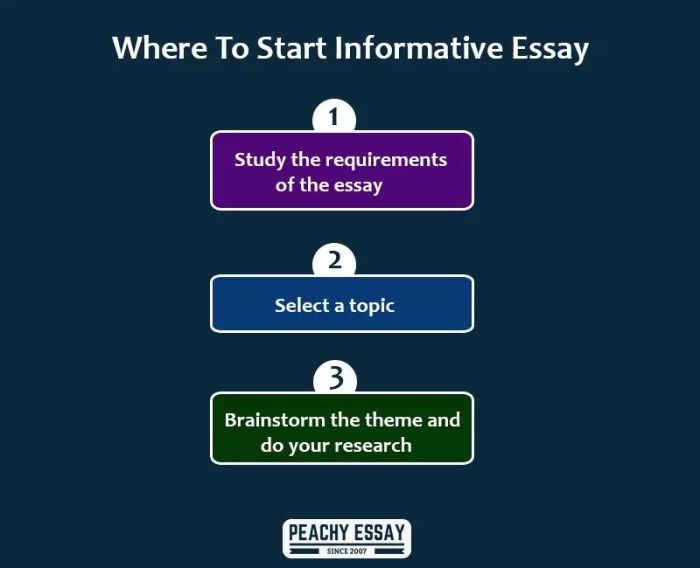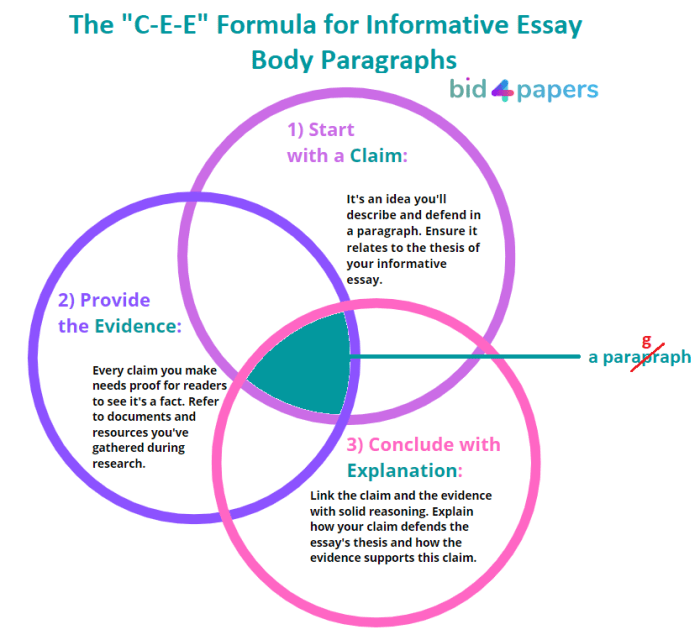Writing an informative essay about compromise sets the stage for this enthralling narrative, offering readers a glimpse into a story that is rich in detail and brimming with originality from the outset. This essay delves into the multifaceted nature of compromise, exploring its significance in various contexts, identifying its different types, and discussing the benefits and challenges associated with it.
Furthermore, it provides practical strategies for effective compromise and examines the ethical considerations that arise when seeking common ground.
Throughout this essay, readers will gain a comprehensive understanding of the art of compromise, equipping them with the knowledge and skills necessary to navigate the complexities of human interaction and decision-making.
Compromise: A Critical Tool for Conflict Resolution and Progress

Compromise, the act of reaching an agreement by making concessions, plays a pivotal role in various aspects of life. From interpersonal relationships to political negotiations, the ability to compromise is crucial for resolving conflicts, building consensus, and fostering progress. This essay aims to explore the different types of compromise, its benefits and challenges, and provide strategies for effective compromise.
Types of Compromise
Compromise can be classified into several types based on the context and nature of the concessions made:
- Situational compromiseinvolves making concessions to resolve immediate, specific situations.
- Ethical compromiseoccurs when individuals compromise their values or principles to achieve a greater good or avoid harm.
- Political compromiserefers to the process of reaching agreements between different political parties or factions, often involving concessions to gain support or prevent gridlock.
Benefits of Compromise
Compromise offers numerous benefits, including:
Conflict resolution
Compromise allows parties to find common ground and resolve conflicts by addressing the needs of both sides.
Relationship building
By finding mutually acceptable solutions, compromise can strengthen relationships and build trust between individuals or groups.
Progress
Compromise can facilitate progress by breaking deadlocks and enabling parties to move forward with a course of action that is acceptable to all.
Challenges of Compromise, Writing an informative essay about compromise
While compromise can be beneficial, it also presents several challenges:
Power dynamics
Unequal power relationships can make it difficult for weaker parties to negotiate effectively and may lead to unfair compromises.
Differing values
Compromising can be difficult when parties hold deeply conflicting values or beliefs.
Emotional barriers
Strong emotions, such as anger or resentment, can make it challenging to approach compromise with an open mind.
Strategies for Effective Compromise
To achieve effective compromise, the following strategies can be employed:
Active listening
Listen attentively to the perspectives and concerns of others to understand their needs and motivations.
Empathy
Try to put yourself in the shoes of others to understand their experiences and feelings.
Negotiation techniques
Employ negotiation techniques such as bargaining, mediation, and problem-solving to reach mutually acceptable solutions.
Ethical Considerations in Compromise
Compromise can raise ethical concerns, including:
Moral dilemmas
Compromise may require individuals to make decisions that conflict with their personal or professional ethics.
Unintended consequences
Compromises may have unforeseen consequences that can harm individuals or groups.
FAQ Resource: Writing An Informative Essay About Compromise
What is the purpose of an informative essay about compromise?
An informative essay about compromise aims to provide readers with a comprehensive understanding of the concept of compromise, its significance, types, benefits, challenges, and ethical considerations.
What are the different types of compromise?
There are various types of compromise, including situational, ethical, and political. Each type presents unique considerations and challenges.
What are the benefits of compromise?
Compromise can lead to conflict resolution, relationship building, and progress. It allows individuals to find common ground and achieve mutually acceptable outcomes.
What are the challenges of compromise?
Compromise can be challenging due to power dynamics, differing values, and emotional barriers. It requires empathy, active listening, and negotiation skills.
What are some ethical considerations in compromise?
Compromise should be guided by ethical principles to avoid moral dilemmas and unintended consequences. It is important to ensure that compromises align with core values and do not violate fundamental rights.


